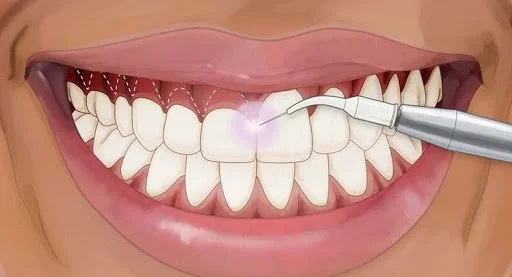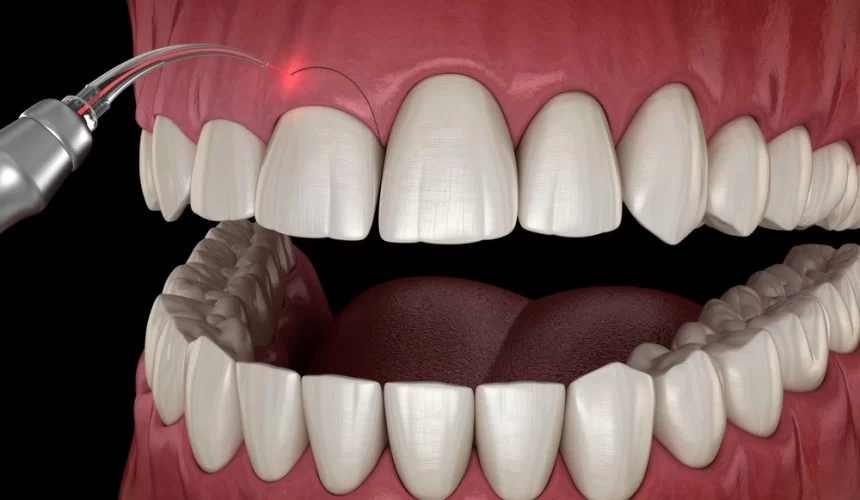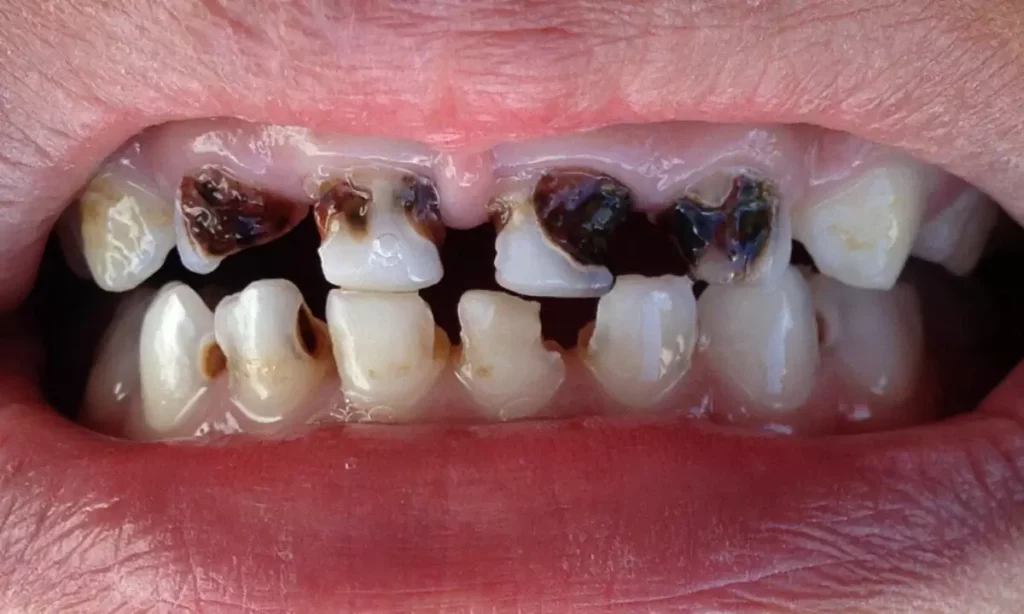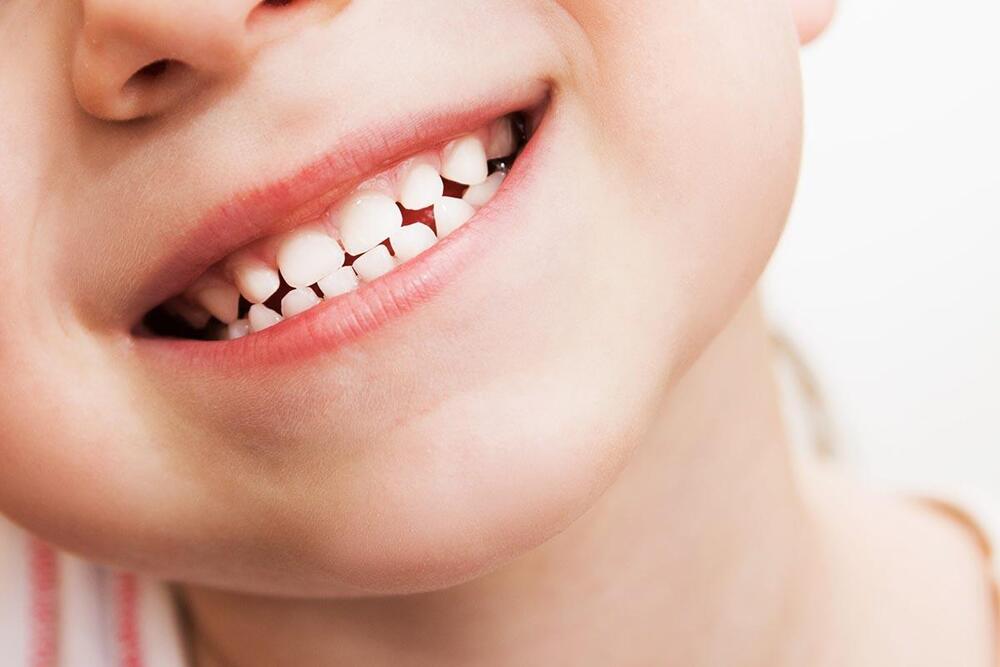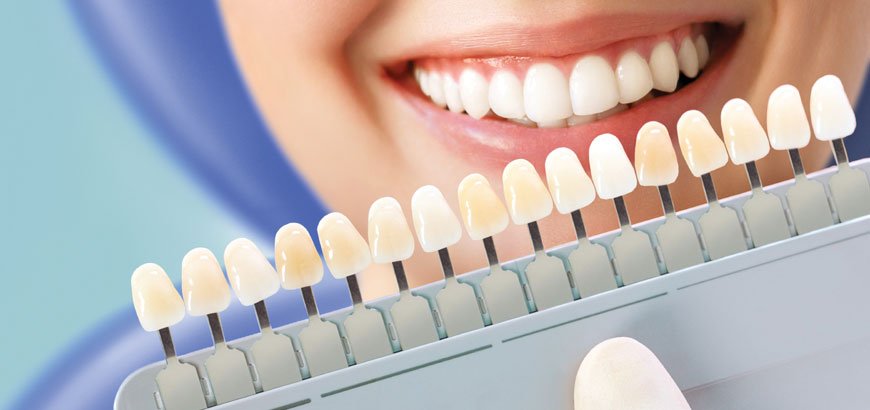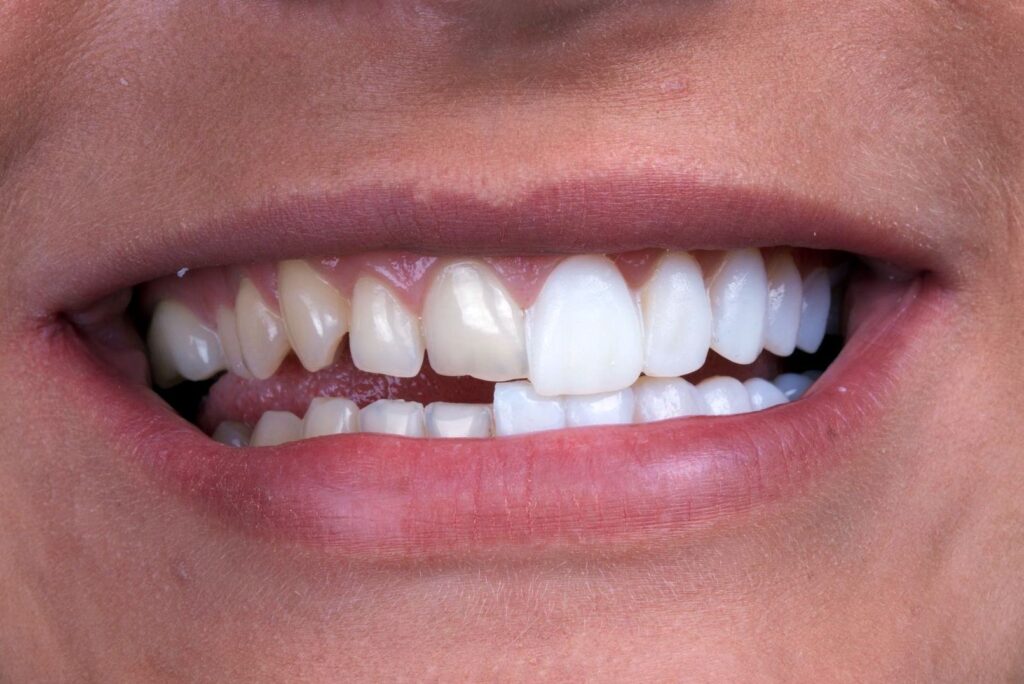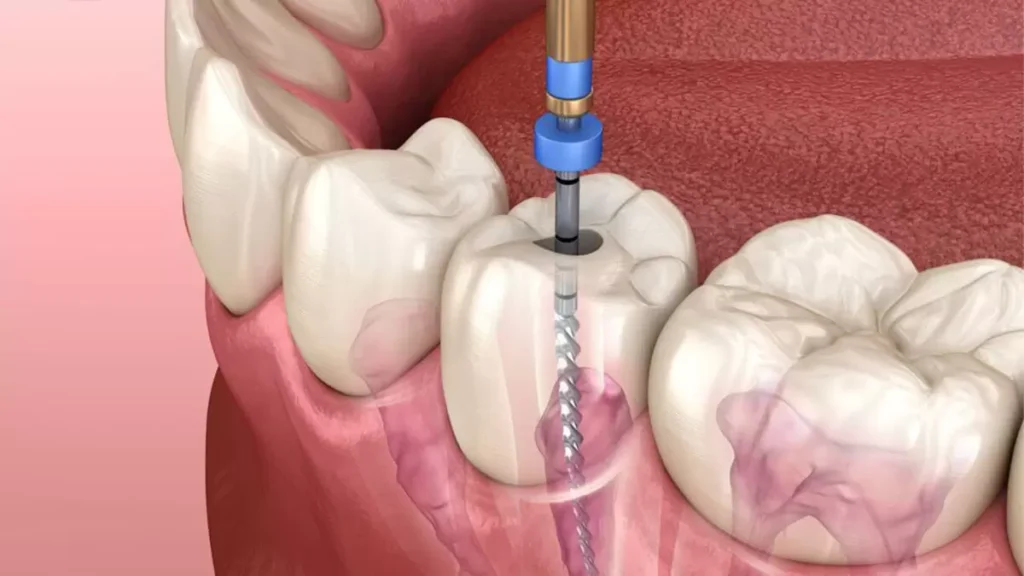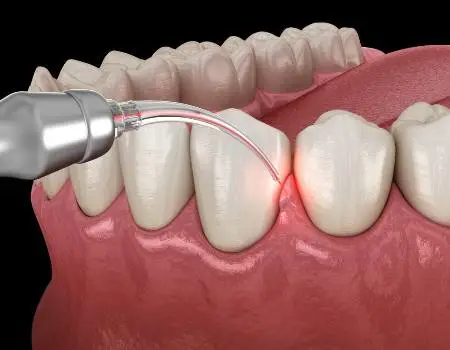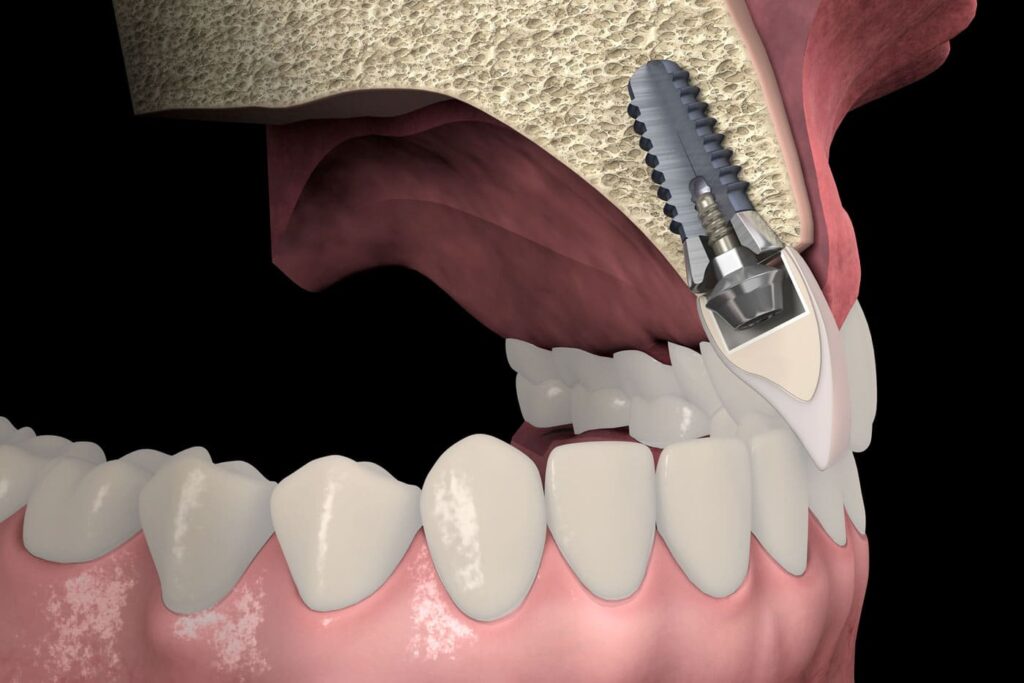Tooth loss is a significant issue that affects both the aesthetics and functionality of daily life. But is implant treatment an option for individuals with reduced jawbone density, long-term tooth loss, or bone deterioration? Must these patients rely solely on removable dentures? Thanks to advancements in technology and surgical methods, effective solutions are now available for those with bone loss.
What Causes Bone Loss?
Several conditions can lead to bone loss in the jaw, including:
- Osteoporosis: Systemic bone density loss that can also impact the jawbone.
- Gum Diseases: Advanced conditions like periodontitis can erode jawbone structure.
- Trauma or Infections: Severe trauma or infections in the jaw area can weaken the bone.
- Aging: Natural bone density decline occurs with age.
How is Implant Treatment Performed for Patients with Bone Loss?
A comprehensive radiological examination is crucial to assess the jawbone’s condition and plan for implant placement. If bone density or height is insufficient, several techniques can be utilized:
- Bone Grafting: Grafts sourced from the patient’s own bone or synthetic materials are used to rebuild and strengthen the jawbone before implants are placed.
- Sinus Lifting: In the upper jaw, low bone height near the sinuses can be corrected by lifting the sinus membrane and adding bone material to create sufficient space for the implant.
- Mini Implants: These smaller, thinner implants are designed for cases with minimal bone density. They require less invasive procedures and allow for quicker application compared to traditional implants.
Benefits of Implant Treatment for Bone Loss
Implant treatment for patients with bone loss addresses both aesthetic and functional challenges, with a high success rate when properly planned. Key advantages include:
- Restoring natural-looking aesthetics and functionality.
- Improving chewing and speaking capabilities.
- Offering a fixed, comfortable alternative to removable dentures.
Conclusion
Implant treatment is a viable and effective solution for individuals with bone loss, thanks to modern technologies and advanced surgical techniques. With the right approach and careful planning, patients can achieve outstanding aesthetic and functional results.
If you are experiencing tooth loss due to bone deterioration, consult a dental professional to explore your options and develop a personalized treatment plan.


